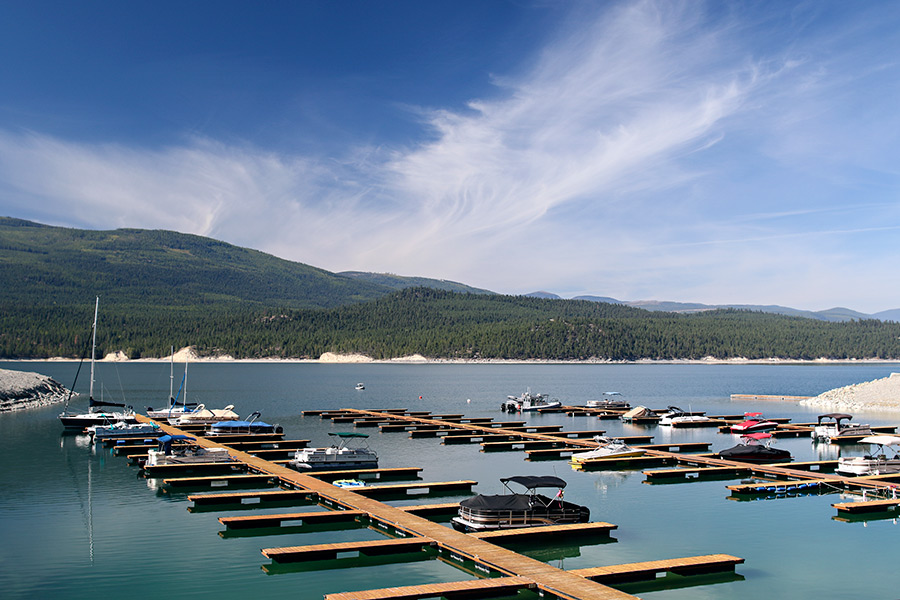The modernization of one of the most important international water treaties in history will be the subject of a town hall meeting in Kalispell on March 20.
For the last few years, officials from the United States and Canada have been meeting to discuss how they can modernize the Columbia River Treaty, a document first signed in 1964 that governs the operations of dams and reservoirs in one of North America’s largest river systems.
The United States and Canada recently concluded a fifth round of negotiations in February and are expected to continue meeting in the coming months.
The treaty between the U.S. and Canada resulted in the construction of four large dams — three in British Columbia and one in the Montana, the Libby Dam — in an effort to prevent devastating floods and generate hydro-electricity. Prior to the construction of the treaty dams, spring floods frequently devastated the region, most notably a 1948 flood in Vanport, Oregon that killed more than 30 people.
The treaty has no expiration date, but either country can cancel it or suggest changes beginning in 2024, as long as they give a 10-year notice.
American regulators also hope to change how Canada is paid for water storage. The 1964 treaty called for a one-time payment equal to half of the downstream power generated in the United States for 30 years. That payment of $254 million worth of electricity helped Canada build its three treaty dams. That part of the agreement expired in 2003, and since then the United States has delivered a daily allotment of power to Canada, worth $222 million to $359 million annually, known as the Canadian Entitlement. American officials believe that is too steep of a price to pay moving forward.
A leading advocate for changing the Canadian Entitlement is state Sen. Mike Cuffe, a Republican from Eureka. When the Libby Dam was constructed, much of the Kootenai River Valley between Libby and the Canadian border was inundated with water. Some towns, like Rexford, had to be moved. While Canada received money for storing water, Lincoln County was never paid for losing what Cuffe says was prime agricultural land.
“Lincoln County sacrificed its land,” Cuffe said. “Montana was never compensated for that.”
Last week, Cuffe helped pass a joint resolution, SJ-12, through the Montana Senate and House of Representatives that calls on federal officials to negotiate some sort of compensation for Lincoln County for holding water.
Cuffe said he encourages Lincoln County residents to attend the March 20 meeting, which will be held at the Red Lion Hotel in Kalispell from 5:30 to 7 p.m. During the meeting, federal officials will give attendees an overview of the Columbia River Treaty and negotiations. Negotiators will also be available for questions during the meeting.
